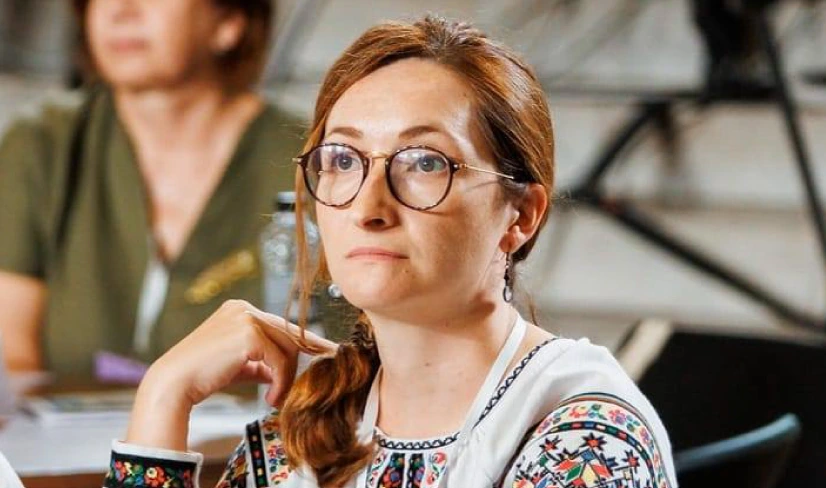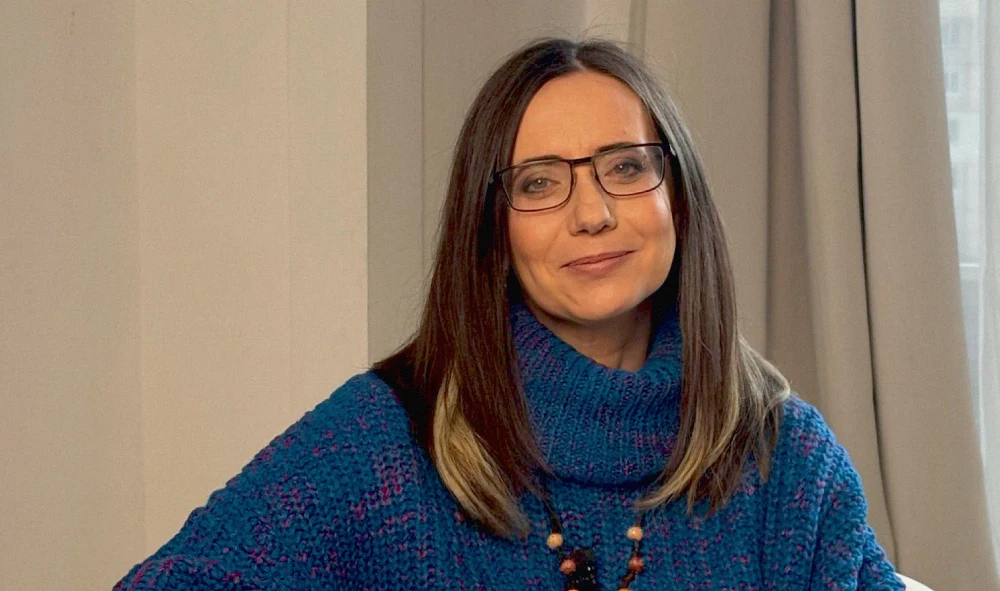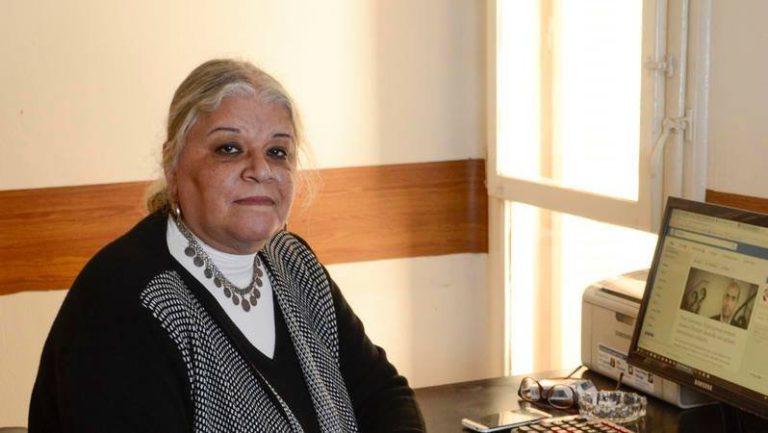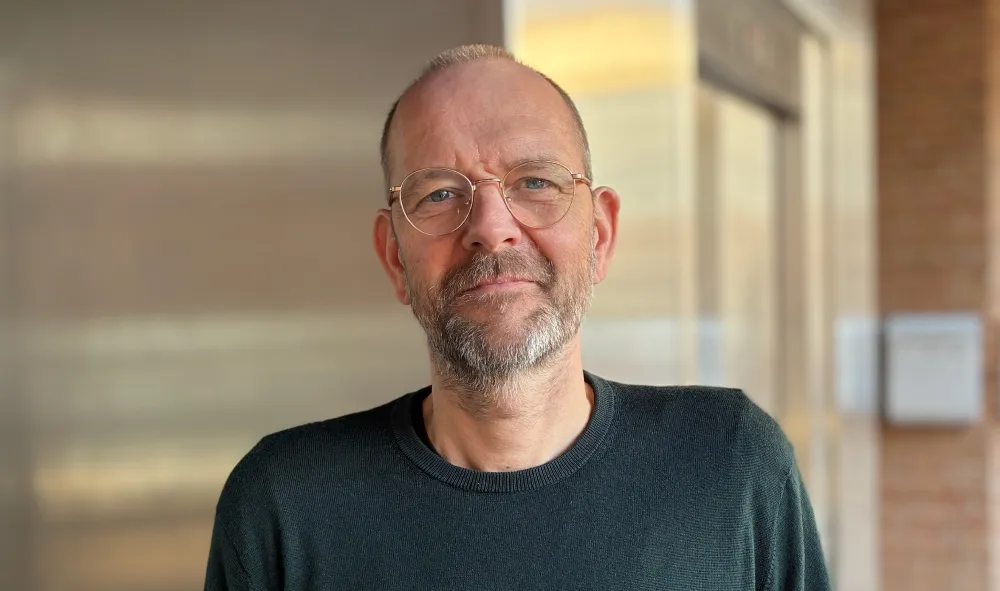KYIV – As Ukraine continues to endure the consequences of full-scale war, DIGNITY has appointed Uliana Bakh as its new Country Director. We asked Uliana Bakh about her background, her priorities in Ukraine, and what drives her in the fight against torture and impunity.
Uliana Bakh, what is your background, and how has it shaped your approach to human rights work?
I hold a Master’s degree in International Development Practice from the University of Limerick in Ireland, where I specialised in rights-based approaches to post-conflict recovery. That academic foundation helped me understand how justice, accountability, and development intersect.
But I’ve learned just as much — if not more — through working directly with communities. In both Ukraine and the Balkans, listening to survivors and collaborating with local partners has shaped my understanding of dignity and the importance of empathy in human rights work.
Which past experiences will be most valuable in your new role as Country Director for DIGNITY in Ukraine?
Over the past 20 years, I’ve worked in regions affected by war and displacement. In my recent work in Ukraine, I focused on veterans’ reintegration in society, trauma-informed programs, and supporting war-affected populations. I also helped build partnerships between civil society, government institutions, and international actors — something I see as essential to DIGNITY’s work.
These experiences have prepared me to approach this role with both strategic clarity and a deep understanding of the local context.
What is DIGNITY’s priority in the fight against torture?
Ukraine is experiencing profound suffering — but also tremendous resilience. Our most urgent priority is to pursue justice for survivors of torture and other war-related crimes. Justice means recognition, accountability, and redress. It means survivors are not ignored but supported and empowered to reclaim their rights. To do this, we must strengthen national systems for prevention, documentation, and rehabilitation. And we must do it in partnership — with civil society, state institutions, and international actors — to confront impunity and build a more just future.
I have met our partners in Ukraine. And I’ve been moved by their courage and commitment. Many are working under extremely challenging and often dangerous conditions. Their resilience and moral clarity are inspiring.
DIGNITY’s role is not just to support — but to connect. We help build trust, foster learning, and bring people together. These partners — along with emerging initiatives — are the foundation of sustainable, locally driven responses to torture and war crimes. Together, we can help ensure that justice takes root — and endures.





